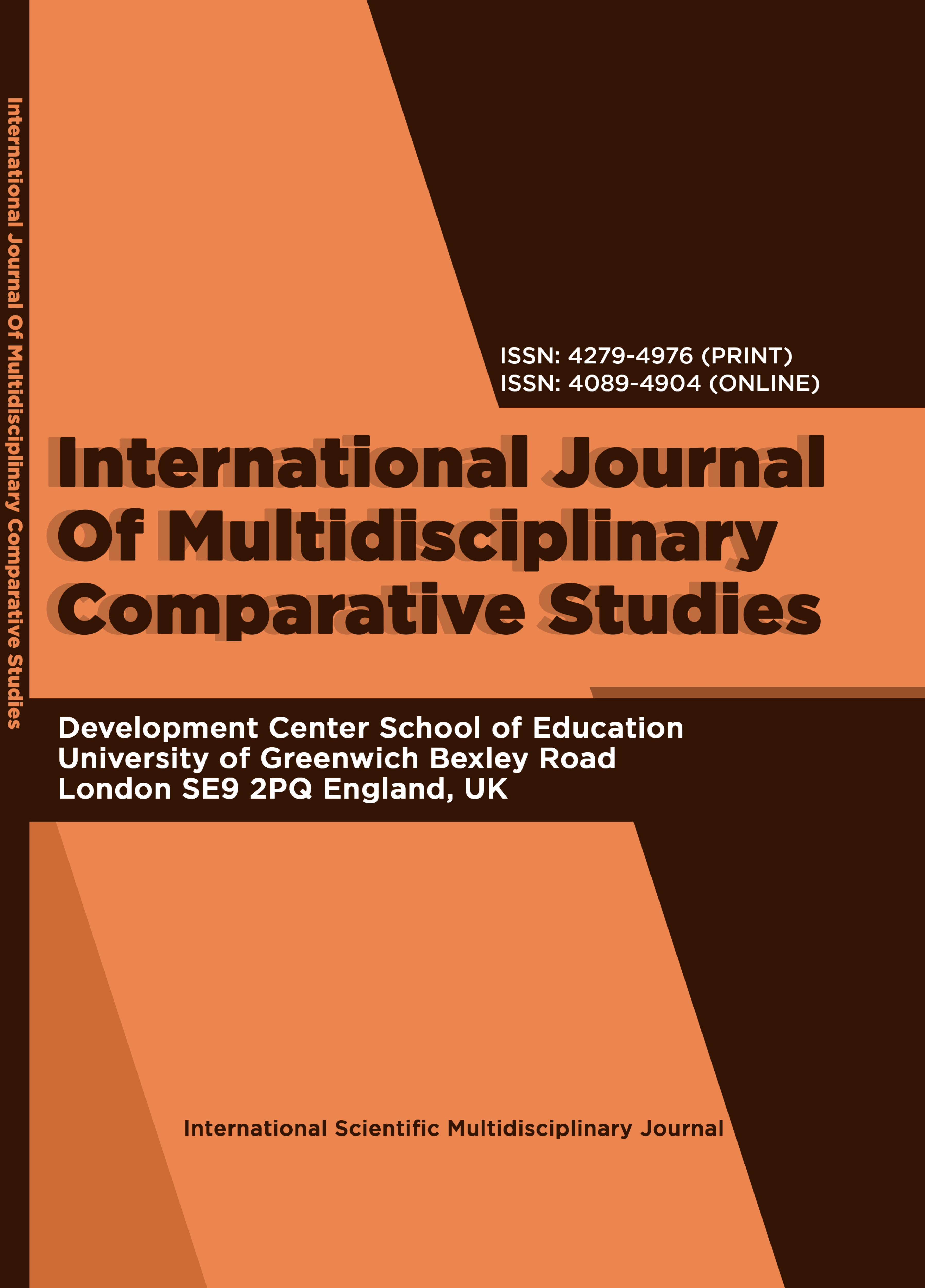INTERNATIONAL JOURNAL OF MULTIDISCIPLINARY COMPARATIVE STUDIES (IJMCS)
Culture and Development of Afro-Pop Music among Secondary School Students in Nigeria
E-ISSN: 4089-4904
P-ISSN: 4279-4976
DOI: https://iigdpublishers.com/article/848
This study investigates culture and development of afro-pop music in Nigeria: Implications for musical arts teachers and stakeholders. Descriptive survey design was adopted for the study. The samples of the study consist of 400 respondents drawn using multi-stage sampling procedure. An instrument named “Cultural Influences and Music Development Questionnaire” (CIMDQ) was used for data collection. Validity of the instrument was determined using factor analysis. Cronbach Alpha method was used in determining the reliability of CIMDQ with and a reliability index of 0.88 was realized which indicates that the instrument was highly reliable. The method of data analysis used in the study was Item-by-item analysis as well as independent t-test. The findings of the study showed that all cultures in Nigeria have contributed significantly to development of afro-pop music in Nigeria although some have more influence or impact than others. Hypothesis testing also revealed differences in response pattern of the various cultures. As part of implication for the study, focus was that music arts teachers and policy makers must draw up music curriculum relative of the various cultural orientations in Nigeria.
EYIUCHE RITA MODEME PhD
Abiodun, F. (2011). Melodic Patterns and Song Forms in Ekiti Musical Traditions. Journals of the Association of Nigerian Musicologists. (6)40-50.
Abiodun, F. S. (2018). Teaching Art Music in Nigerian Schools: The Academic, Technical and Social Implications. A Journal of Spread Corporation, 7. 53-65.
Adedeji F. (2015). The making of a gospel musician: Theological and pragmatic perspectives. Ile Ife: Timade Ventures.
Adedeji, W. (2014). African Popular Culture and the Path of Consciousness: Hip-hop and the Culture of Resistance in Nigeria. Postcolonial Text, 8.
Adeleke, A. (2014). Appraising music education in Nigeria the framework of cultural transformation. A Festschrift for Mosunmola Omibiyi-Obidike.
